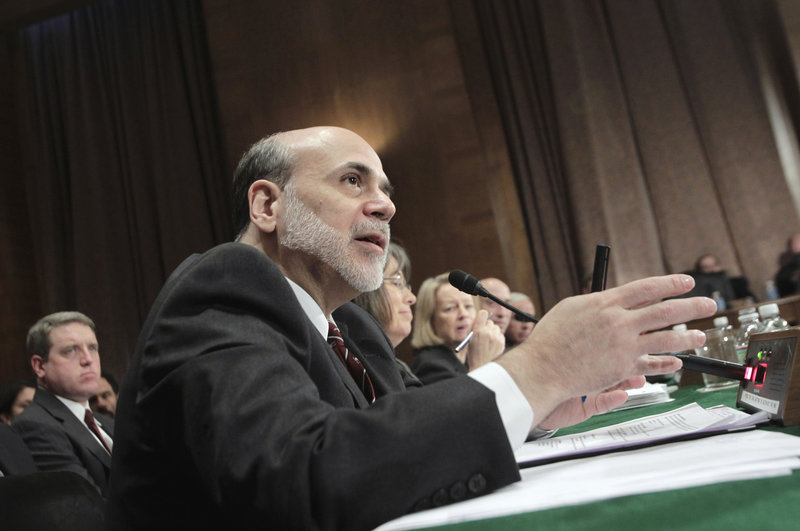WASHINGTON – Major U.S. banks are about to get penalized for “critical deficiencies” and shortcomings in how they handled foreclosures, a top federal regulator said Thursday at a Senate Banking Committee hearing examining the Dodd-Frank Act six months after its congressional approval.
“These deficiencies have resulted in violations of state and local foreclosure laws, regulations or rules,” said Acting Comptroller of the Currency John Walsh. Banking regulators are preparing sanctions and “remedial requirements,” he said.
The Office of the Comptroller of the Currency and other bank regulators, including the Federal Deposit Insurance Corp., have been investigating loan servicers in the wake of revelations about foreclosure-documentation errors at big banks and a stalled application process for many troubled borrowers seeking to modify their mortgages.
Regulators have been reviewing files in response to concerns that mortgage-servers are improperly racing documents through the foreclosure process.
Companies that service loans, often owned by the biggest U.S. banks, collect a fee for handling all aspects of a loan, including sending monthly payments to mortgage investors, maintaining records and collecting and paying taxes and insurance.
The regulators conducted foreclosure-processing examinations at servicers owned by Bank of America Corp., Wells Fargo & Co., JPMorgan Chase & Co., and Citigroup Inc., according to Walsh’s testimony. Each of the banks is also among top securitizers of mortgage loans and holders of second mortgages.
Companies also examined included Ally Financial Inc., formerly known as GMAC; MetLife Inc.; PNC Financial Services Group; and SunTrust Banks Inc.
Walsh said the bank servicers fell short in monitoring third-party law firms and vendors.
“By emphasizing timeliness and cost efficiency over quality and accuracy, examined institutions fostered an operational environment that is not consistent with conducting foreclosure processes in a safe and sound manner,” Walsh said.
He added that a small number of foreclosure sales should not have proceeded because the borrower had already been approved for a trial modification or had filed for bankruptcy shortly before the foreclosure action.
But John Carey, spokesman at Americans for Financial Reform, said he is skeptical that the sanctions imposed on banks for servicer failures will be commensurate with each institution’s violation.
“We believe that the OCC is clearly trying to catch up, but they have a record of standing in the way of protecting borrowers,” Carey said of the Office of the Comptroller of the Currency. “Systemic failures by some of the country’s biggest banks occurred — and continue to occur — on the OCC’s watch.”
Federal Reserve Chairman Ben Bernanke said he and other regulators have learned many lessons from the crisis including the importance of being “very aggressive” with banks and not allowing “too much leeway” in risk management.
“We’ve done a lot to try to strengthen and improve our supervision from a day-to-day basis. But we’ve also done a good bit to restructure the internal process . . .,” Bernanke said in response to a question from Sen. Richard Shelby, R-Ala.
Send questions/comments to the editors.



Success. Please wait for the page to reload. If the page does not reload within 5 seconds, please refresh the page.
Enter your email and password to access comments.
Hi, to comment on stories you must . This profile is in addition to your subscription and website login.
Already have a commenting profile? .
Invalid username/password.
Please check your email to confirm and complete your registration.
Only subscribers are eligible to post comments. Please subscribe or login first for digital access. Here’s why.
Use the form below to reset your password. When you've submitted your account email, we will send an email with a reset code.